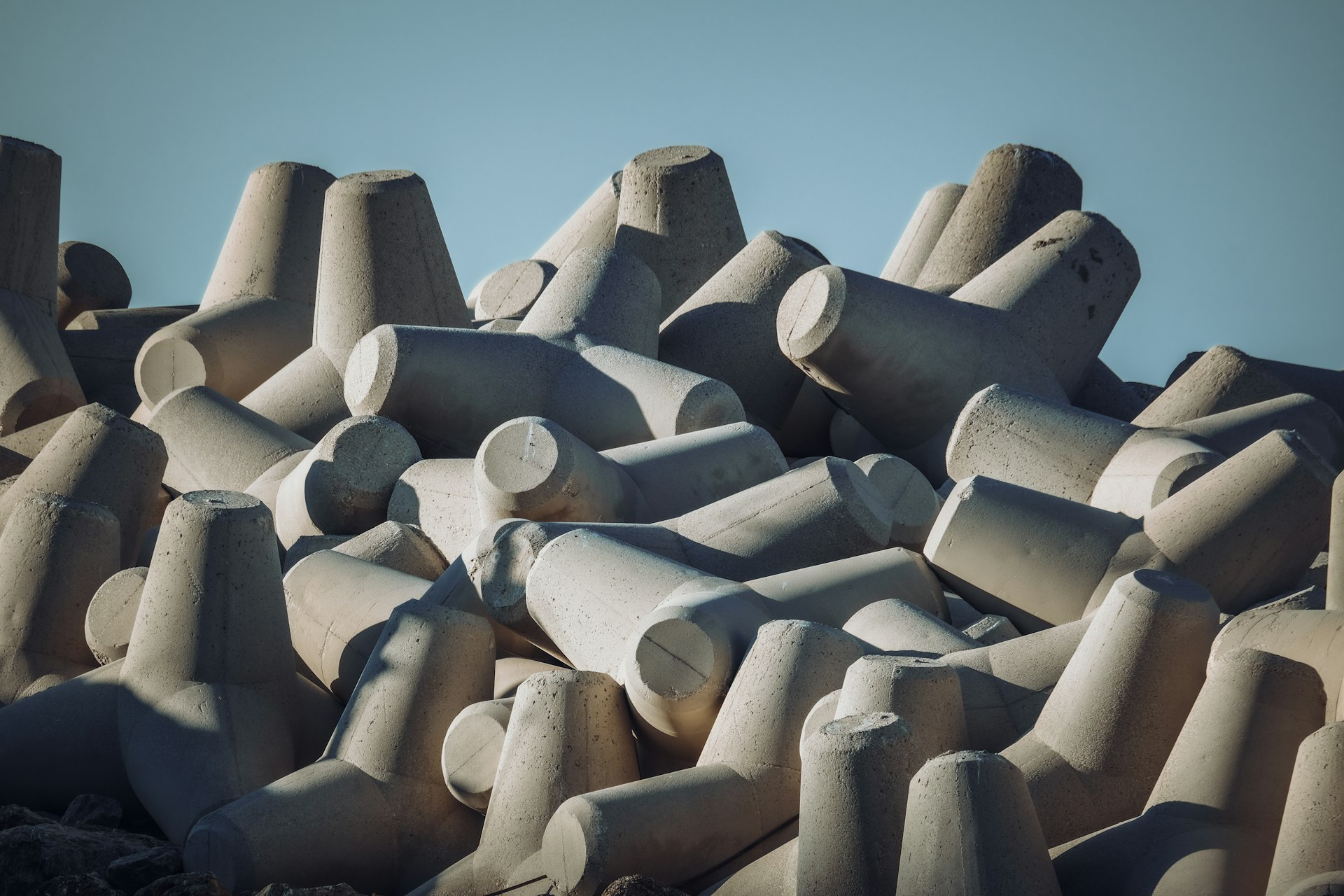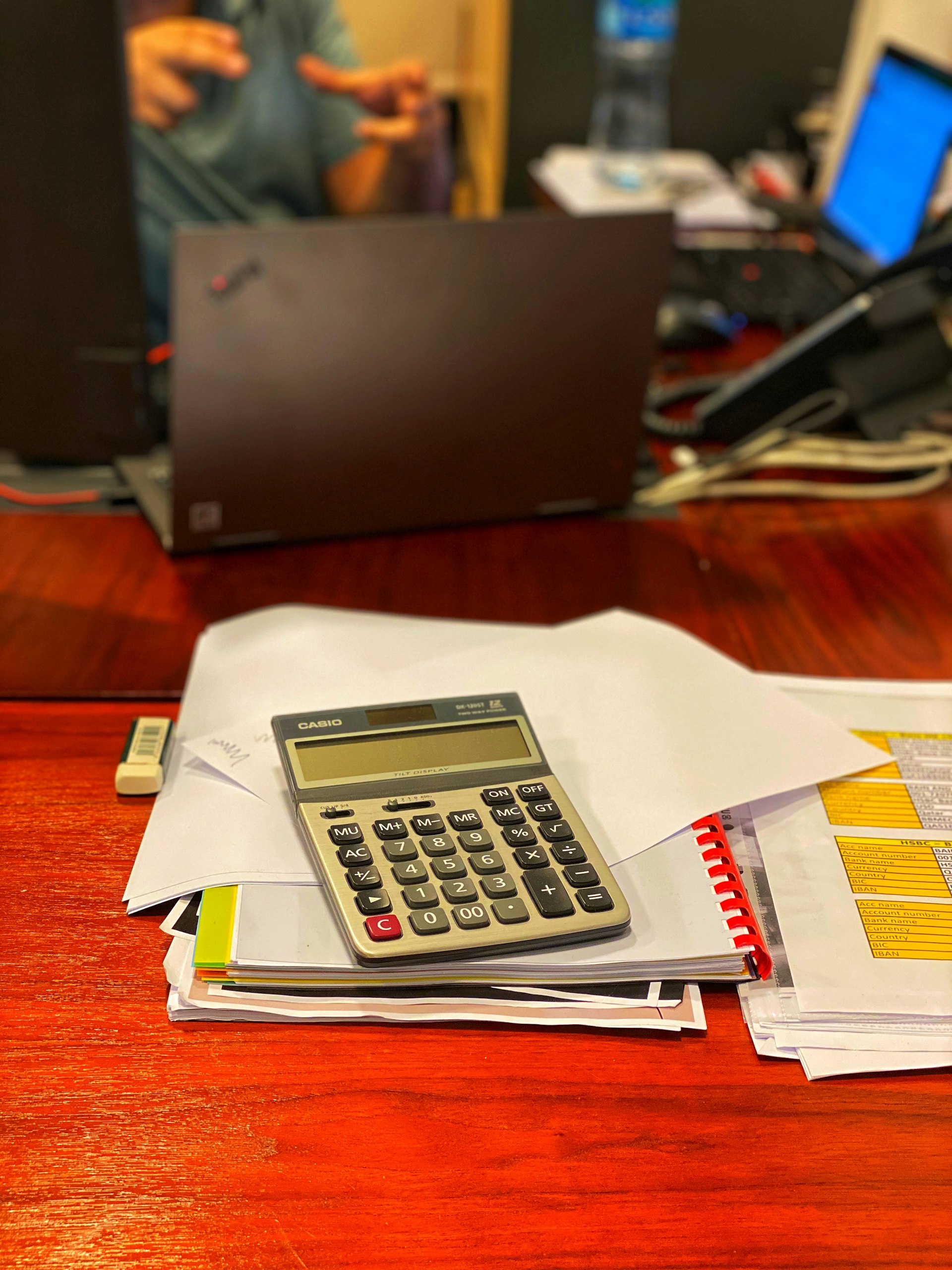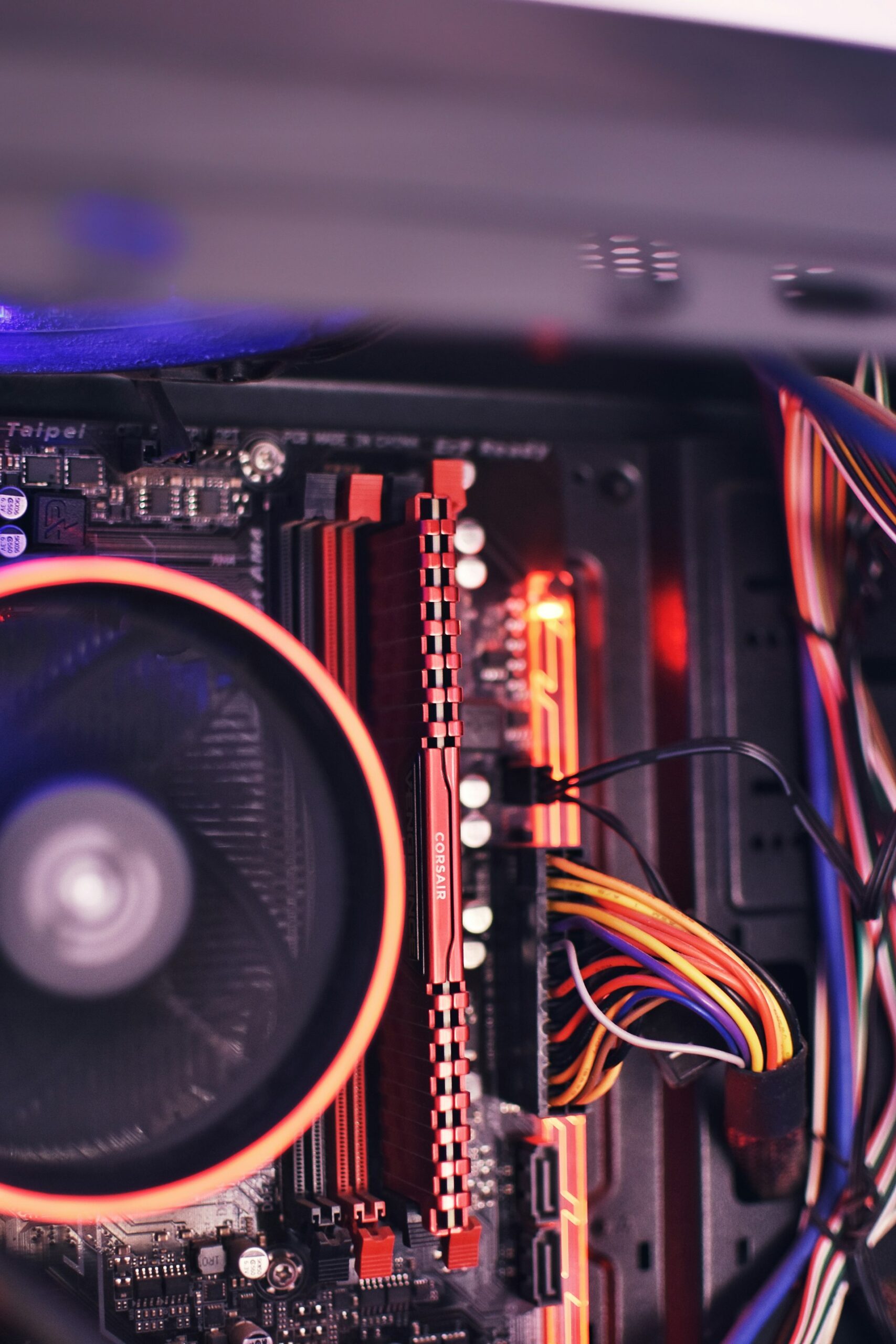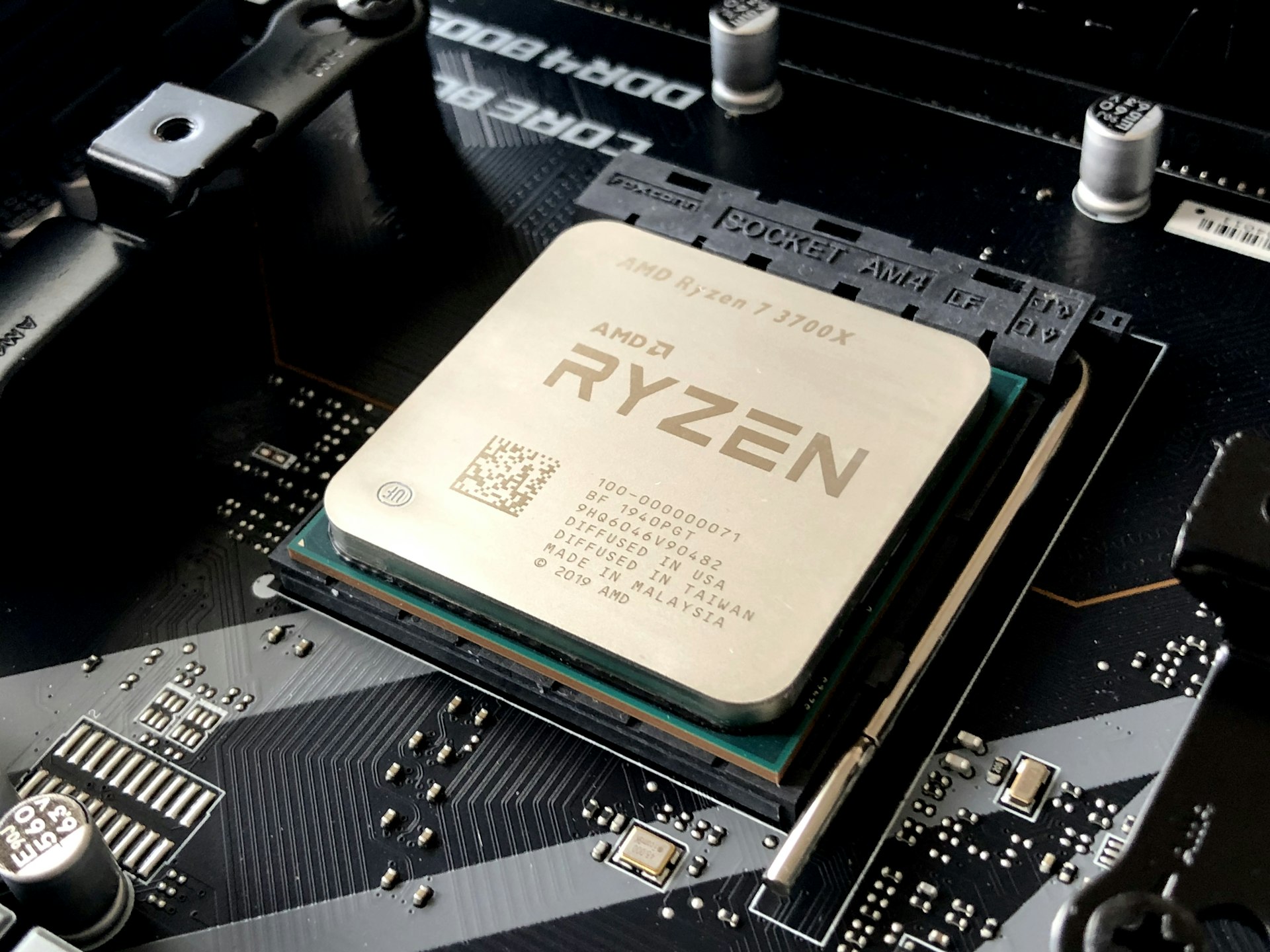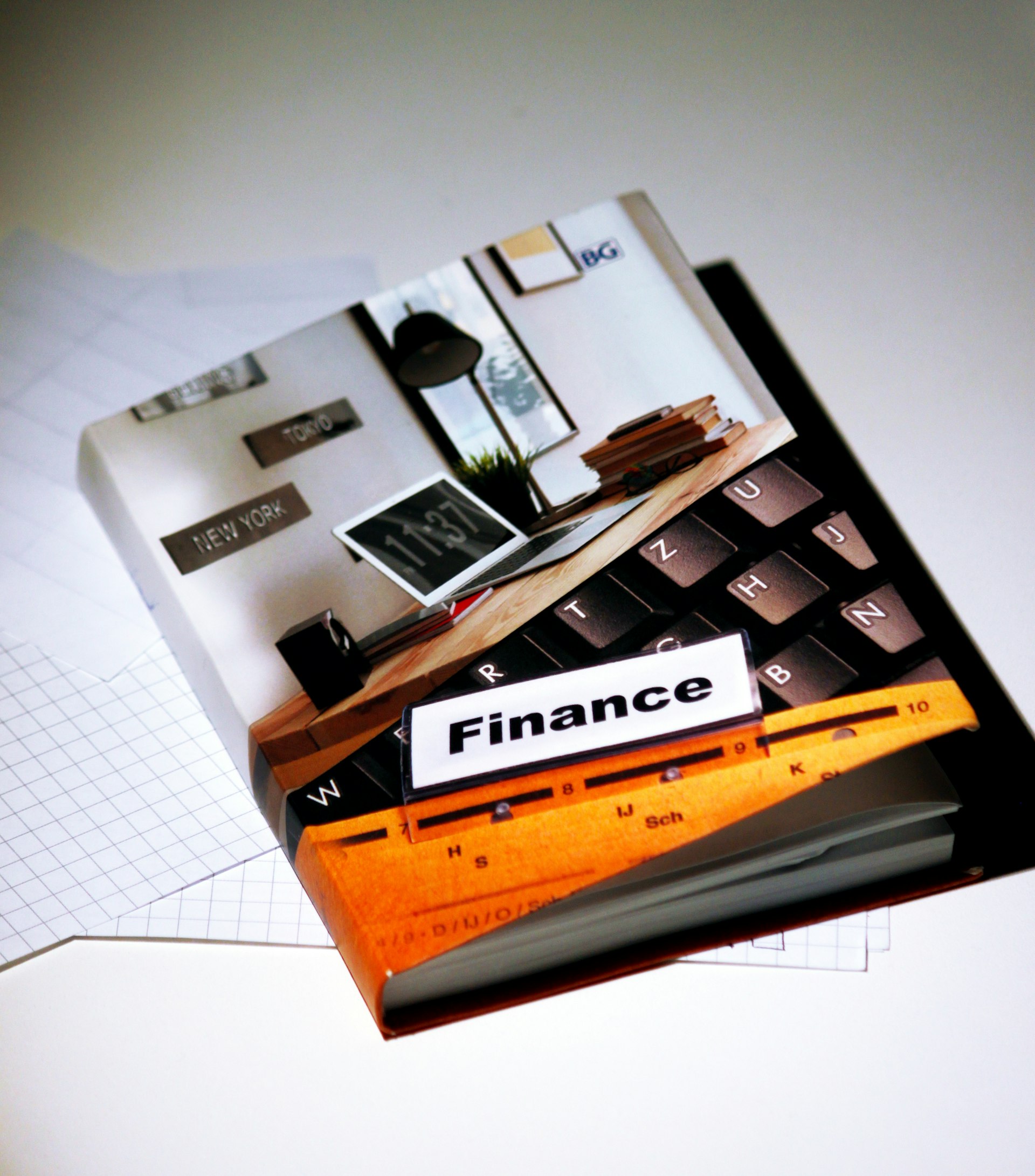How Decentralized Autonomous Organizations Are Redefining the Future of Finance

Photo by BoliviaInteligente on Unsplash
Introduction to Decentralized Autonomous Organizations
Financial services are undergoing a seismic change as Decentralized Autonomous Organizations (DAOs) rise from niche blockchain experiments to powerful forces in global finance. Built on smart contracts and blockchain technology, DAOs offer a new model for transparent, democratic governance, enabling direct stakeholder participation and automated decision-making. As of 2025, there are over 13,000 active DAOs worldwide, collectively managing more than $24 billion in assets and engaging millions of members across diverse financial functions [4] .
How DAOs Transform Financial Governance
Traditionally, financial institutions have relied on hierarchical decision-making: boards of directors, executives, and centralized control. In contrast, DAOs encode rules and processes into smart contracts, allowing members to propose and vote on actions transparently. Every transaction, governance decision, and allocation of funds is recorded immutably on a public blockchain. This shift offers several critical advantages:
- Enhanced Transparency : All governance actions are visible to every participant, reducing the risk of fraud or corruption [3] .
- Democratic Participation : Members, often holding governance tokens, can directly influence decisions and resource allocation.
- Automated Execution : Smart contracts remove the need for intermediaries, accelerating processes and reducing operational costs.
For example,
Lido DAO
requires 5% of its total token supply to vote for any proposal to pass, ensuring broad consensus before changes are implemented
[4]
. However, challenges remain: recent data shows that less than 0.1% of token holders in major DAOs control 90% of the voting power, highlighting ongoing issues of concentration and inclusivity.
Integration with Decentralized Finance (DeFi)
The growth of DAOs is intricately linked to the broader Decentralized Finance (DeFi) movement. DAOs serve as the backbone for governance within DeFi protocols, managing treasuries, overseeing upgrades, and allocating resources for ecosystem development. As of 2025, DeFi platforms process billions in daily transactions, with DAOs administering lending protocols, stablecoin swaps, and decentralized insurance funds [2] .
DAOs and DeFi protocols together eliminate central intermediaries, allowing users to retain custody of their assets and interact directly with financial products. This not only lowers costs and increases accessibility but also empowers users to shape the evolution of the services they use. Yet, it also means users bear greater responsibility for risk management and due diligence, since traditional safety nets are absent.
Opportunities and Benefits of DAO Adoption in Finance
For investors, businesses, and consumers, the adoption of DAOs in finance offers a range of potential benefits:
- Efficient Resource Allocation : Collective decision-making can lead to more agile and responsive financial management [1] .
- Increased Community Engagement : Stakeholders are incentivized to participate and contribute to the platform’s success.
- Reduced Centralized Risks : By distributing authority, DAOs mitigate risks associated with single points of failure or mismanagement.
- Global Accessibility : DAOs are borderless, enabling participation from anyone with internet access and compatible digital wallets.
Case studies show DAOs are now managing investment funds, allocating grants, and even running decentralized exchanges. For example, protocols like
Uniswap
and
MakerDAO
have pioneered on-chain governance models that are being emulated across the industry.
Challenges, Risks, and Regulatory Considerations
Despite their promise, DAOs face significant hurdles. The concentration of voting power among a few holders raises concerns about real decentralization. Regulatory uncertainty-especially in major jurisdictions-creates compliance risks. Additionally, smart contract vulnerabilities and the threat of cyberattacks pose ongoing security challenges [5] .
Legal frameworks for DAOs are still evolving. In the absence of clear regulations, participants may have limited legal recourse if disputes arise. Compliance with anti-money laundering (AML) and know-your-customer (KYC) requirements remains a gray area for many DAO-operated platforms. It is advisable to consult legal professionals and stay informed about regulatory developments in your region before participating in or forming a DAO.
Step-by-Step Guidance for Participating in DAO-Driven Finance
If you are interested in engaging with DAOs, consider the following steps to get started:
- Research DAO Projects : Use established information platforms such as CoinGecko or CoinMarketCap to explore active DAOs, their governance models, and performance history. Read community forums and project documentation carefully.
- Set Up a Digital Wallet : You will need a secure cryptocurrency wallet (such as MetaMask or Ledger) to interact with DAO platforms. Ensure you follow all security best practices to protect your assets.
- Acquire Governance Tokens : Most DAOs require that members hold specific tokens to propose or vote on changes. You can purchase these on reputable exchanges or earn them through participation, depending on the DAO structure.
- Participate in Governance : Join community calls, vote on proposals, and contribute to discussions. Many DAOs host discussions on platforms like Discord or Discourse.
- Stay Informed About Regulations : Since the regulatory landscape is evolving, regularly monitor news updates from government agencies and financial regulators relevant to your jurisdiction. For the latest U.S. regulatory developments, visit the official Securities and Exchange Commission (SEC) website and search for “DAO guidance” or contact a financial advisor specializing in digital assets.
Remember, participation in DAOs carries risks. Evaluate each opportunity carefully and consider starting with smaller investments as you learn.

Photo by LekoArts on Unsplash
Alternative Approaches and Future Outlook
Not all decentralized governance initiatives take the form of DAOs. Some organizations are experimenting with hybrid models that blend traditional corporate governance with blockchain-based participatory mechanisms. Others focus on grassroots cooperatives or use permissioned blockchains to meet specific compliance needs. These alternatives may offer a more gradual path for traditional financial institutions to adopt elements of decentralization without fully relinquishing control.
Looking ahead, experts predict continued growth in DAO adoption across asset management, lending, insurance, and even traditional banking. As legal frameworks mature and security practices strengthen, DAOs could become the default model for many financial operations worldwide [1] .
How to Stay Updated and Get Involved
For those seeking to deepen their engagement with DAOs and decentralized finance, consider these practical steps:
- Join DAO communities on verified platforms such as Discord, Reddit, or official project forums.
- Attend virtual events, webinars, and conferences dedicated to blockchain governance and DeFi trends.
- Monitor leading industry news outlets and the official websites of regulatory agencies for updates on policy changes and enforcement actions.
- If you are interested in forming your own DAO, research open-source DAO frameworks and consult with blockchain legal experts to ensure compliance and best practices.
While DAOs offer significant promise for democratizing finance, success depends on informed participation, ongoing education, and adaptation to a rapidly evolving landscape.
References
- [1] Edge of NFT (2025). Top 7 Decentralized Finance Trends for Investors.
- [2] G2 Learn (2025). Decentralized Finance in 2025: Know the Risks and Rewards.
- [3] Bobsguide (2025). Decentralized Autonomous Organizations reshaping governance.
- [4] CoinLaw (2025). Decentralized Autonomous Organizations Statistics 2025.
- [5] SME IPO Advisor (2025). 7 Powerful Finance Trends 2025 That Will Transform Global Finance.
MORE FROM savvysc.com




